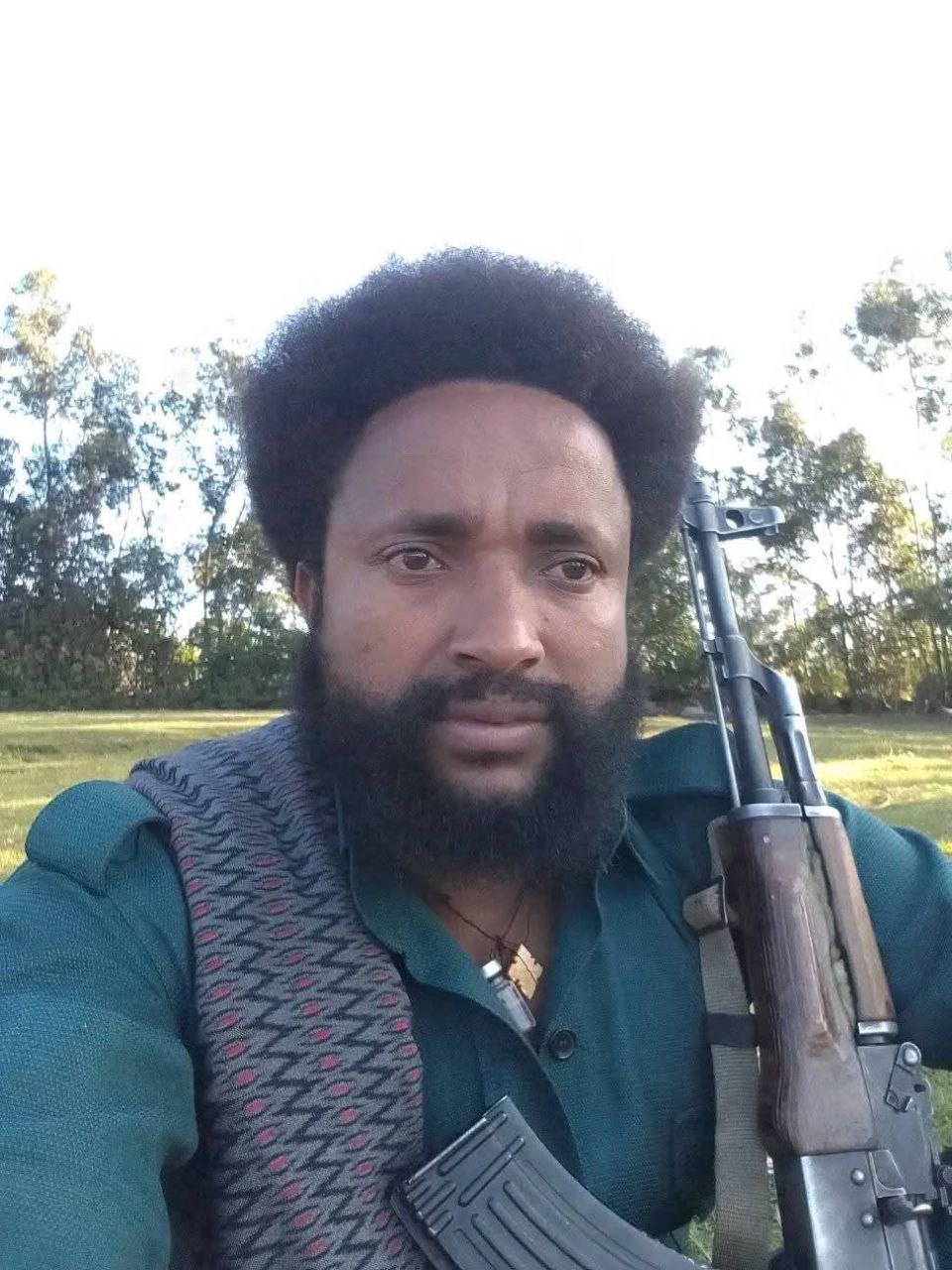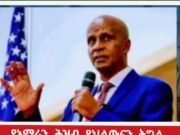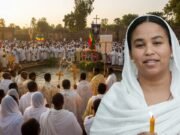President Donald Trump has said little about Africa since taking office but the killing of four U.S. soldiers during an ambush by Islamic State-affiliated fighters in Niger earlier this month has focused attention on Washington’s expanded military presence and counter-terrorism operations against militants in Africa.
After meetings on Monday with Ethiopian Prime Minister Hailemariam Desalegn and a senior African Union official, Haley told reporters she hoped this was the beginning of “a stronger relationship with the AU and our African partners.”
“The United States very much sees Africa as a very important part of the world. We see great opportunities in Africa. We see challenges in Africa, but we want to support and help in those situations. But most importantly, we want to see how we can partner together. Whether if that is through economic development, whether it is through strategic practices, whether it is through political solution,” she said.
Haley said she also plans to meet with South Sudan President Salva Kiir and Congolese President Joseph Kabila to “deliver a strong message that their governments need to stop making the work of aid workers and peacekeepers more difficult.”
“Our goal is that we should have one voice and one voice is that we have to see peace in South Sudan, we have to see that women are being taken care of. We can’t see any more death. We can’t see any more famine. We’ve got to start seeing the situation get better and I think the pressure is only going to continue until President Kiir makes a difference in that area,” she said.
South Sudan plunged into conflict in December 2013 after a dispute in the capital Juba between forces loyal to President Salva Kiir and his deputy at the time, rebel leader Riek Machar.
Haley said that the possibility of freezing U.S. aid to South Sudan with a hope it would expedite the peace process must be viewed carefully.
“When you look at South Sudan, you have to really think hard before you pull U.S. aid. Because, he [Kiir] doesn’t care if his people suffer, and that is the concern we have as we don’t know that that will make a difference. About pulling the US aid, that is a conversation we will have. And we are trying to see exactly what will move president Kiir,” she said.
Just to the southwest, the Democratic Republic of the Congo has been in turmoil since the 1990s. The DRC has never witnessed a democratic, peaceful transfer of power. Instead, this mineral-rich country in the heart of Africa has been plagued by dozens of armed groups vying for power and control, with rape used as a weapon of war, and children recruited as soldiers.
Ambassador Haley said that the U.S. was hoping that President [Joseph] Kabila would do the right thing according to DRC’s constitution and have free and fair elections sooner than later as his legacy.



























